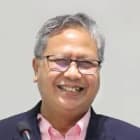commentary Commentary
Commentary: Indonesia’s new Cabinet and the political transformation of Joko Widodo
Jokowi’s transformation from hands-on, man-of-the-people into a large and looming political leader is complete with this latest Cabinet reshuffle, says ISEAS-Yusof Ishak’s Made Supriatma.
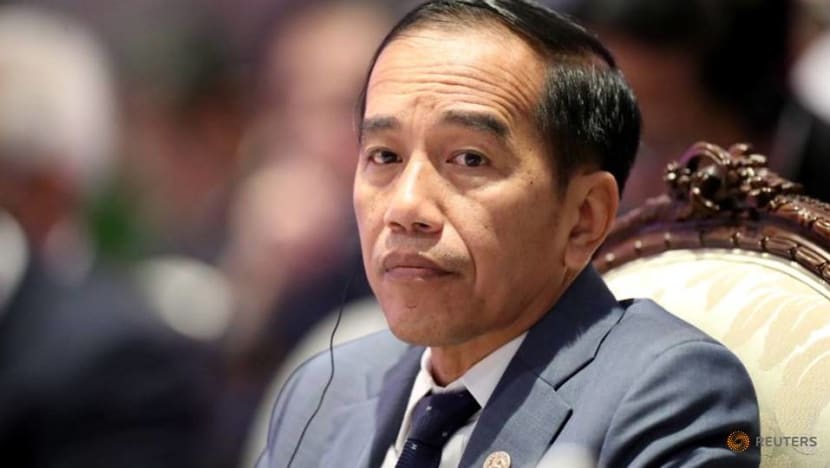
Indonesia's President Joko Widodo attends an ASEAN leaders summit with United Nations Secretary-General Antonio Guterres, in Bangkok, Thailand November 3, 2019. (Photo: REUTERS/Soe Zeya Tun)
SINGAPORE: Indonesian President Joko Widodo reshuffled his 14-month-old Cabinet last week.
While the move was widely anticipated, the sweeping changes came as a surprise. Six ministers were replaced.
Two – social affairs Minister Juliari Batubara and fisheries minister Edhy Prabowo – were thrown out after they were arrested over the past month by the Corruption Eradication Commission (KPK) for receiving kickbacks, with their positions filled by Jokowi loyalists Sakti Wahyu Trenggono and popular Surabaya mayor Tri Rismaharini.
Four in ministries crucial to Indonesia’s recovery from COVID-19 were replaced ostensibly because of poor performance. Health minister Dr Terawan Agus Putranto has been dismissed, with the critical portfolio to be helmed by Budi Gunadi Sadikin, longtime banker turned deputy minister for state-owned enterprises just before this reshuffle.
READ: Commentary: Indonesia's haphazard approach created an 'endless first wave'
Indonesian ambassador to the US Muhammad Lutfi replaces Agus Suparmanto as Trade Minister, a position he used to hold under President Susilo Bambang Yudhoyono’s administration.
Fachrul Razi was sacked from his position as Religious Affairs Minister and replaced by civilian politician Yaqut Cholil Qoumas.
Wishnutama Kusubandio’s tourism minister role will be taken up by Sandiaga Uno.
SANDIAGA UNO’S APPOINTMENT
Nothing has drawn more public attention than Sandiaga Uno’s appointment. As Prabowo Subianto’s running mate in 2019 presidential election, the duo had launched one of the fiercest, most polarising fights for the top position in recent history.
Sandiaga also paired up with current Jakarta governor Anies Baswedan in a bitter 2017 election fight against the popular former Jakarta’s governor Basuki Tjahaja Purnama (affectionately known as Ahok), Jokowi’s close ally.
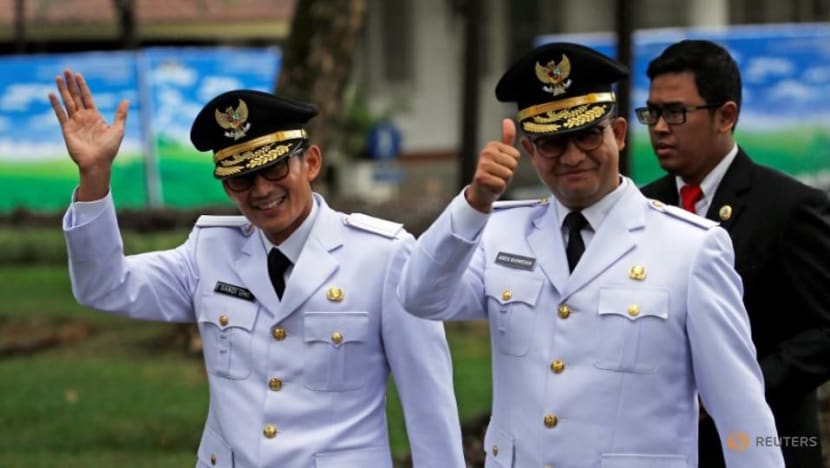
Speculation surrounding Jokowi’s intention in embracing Sandiaga and appointing him into his Cabinet has been rife. Is it part of Jokowi's strategy to embrace one part of the opposition in order to split and weaken them?
Or does it demonstrate that he values diversity of thought and aims to form a “team of rivals” in his Cabinet? After all, Prabowo himself is onboard and serving as Minister of Defence.
My view is that this latest Cabinet reshuffle demonstrates how far Jokowi has come since assuming the presidency six years ago and is suggestive of the legacy he intends to leave behind.
READ: Commentary: Dear Indonesia, shaming the infected is a lousy COVID-19 plan
READ: Commentary: Little smoke this haze season – but fires rage on in Indonesia
THE POLITICAL EVOLUTION OF JOKOWI
You have to remember Jokowi rode into office on an anti-establishment platform. This is a man who presented himself as an outsider in 2014, in a country where political elites and military men typically fill the top position.
He was catapulted into the presidential seat barely 10 years after his first foray into politics as mayor of his hometown Surakarta, without being beholden to any of the political parties that have come to define and dominate Indonesia’s political landscape for decades.
His rise to power defied the odds and captured the imagination of many ordinary Indonesians. Many heralded his win as a new era in Indonesian politics.
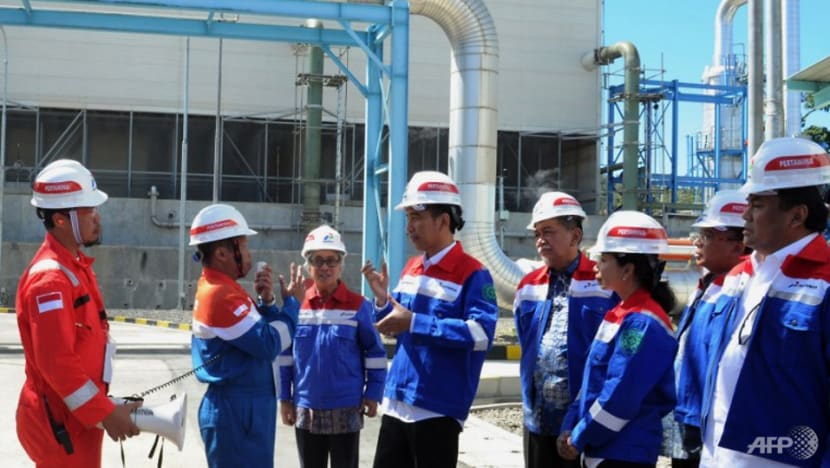
One key reason why Jokowi won was his man-of-the-people reputation. As governor of Jakarta, he had made many impromptu visits (blusukan in Javanese) to places not usually approached by elites and talked directly with the people.
With a clean reputation free from corruption, he’s a no-nonsense, hands-on leader, and he consulted widely and got things done, while retaining strong support from unions and the business community.
A NEW MAN
This image went right out the window after Jokowi won his 2019 re-election. He has no more blusukan. He has been more tolerant of outrageous behaviour.
Despite calls to remove Health minister Dr Terawan Agus Putranto as early as March (when Dr Terawan pushed for adoption of a disputed stroke treatment he pioneered) that grew with his severe mismanagement of the pandemic, Jokowi took a wait-and-see approach.
His vision is now more narrowly focused on what experts call “new developmentalism”, with its focus on deregulation and its conservative, nationalist bent a departure from Jokowi’s past reformist agenda and a nod at the old ways of doing things in Indonesia.
Indonesians now rarely hear directly from Jokowi, who has disappeared into the fog of government bureaucracy and politics. Many now think Jokowi has turned into a professional politician, focused on deal-making and adept at distributing power to satisfy elite interests.
After all, Jokowi had allowed the passage of amended laws weakening and ending the independence of the KPK in 2019, by requiring oversight by legislative and executive powers and discontinuing investigation of cases after two years among other changes.
Indonesians took to the streets in mass demonstrations. Jokowi’s promise to remedy these changes never materialised.
Strong concerns over the 2020 Job Creation Law (Omnibus Law), which abolished sectoral minimum wage, reduced severance pay and relaxes restrictions on outsourcing, said to benefit big business interests also saw huge demonstrations to no avail.
READ: Commentary: So much for eradicating corruption in Indonesia
READ: Commentary: Indonesia has amended 79 laws to boost investment and jobs. But that may yet not be enough
These brewing sentiments were lit in December 2020 when both Jokowi's son and son-in-law entered politics. His son, Gibran Rakabuming, was elected Mayor of Surakarta. His son-in-law, Bobby Nasution, won the mayoral race in Medan, Indonesia's third largest city.
This sudden leap Jokowi’s immediate family members have taken, after long denying that they had interest in moving into politics, has created a hubbub. There was talk of the start of a new political dynasty.
It took President Suharto 30 years to promote his daughter Siti Hardiyanti Rukmana to political office and President Yudhoyono waited until the end of his term before his son, Agus Harimurti Yudhoyono, was fielded in the 2017 Jakarta gubernatorial election.
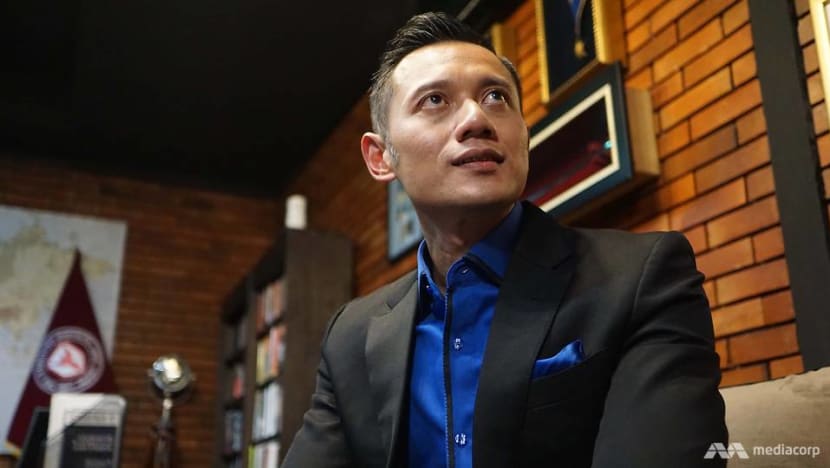
Rumours also began to swirl. Indonesian weekly Tempo magazine published an investigative report on corruption in the provision of social assistance suggesting a link between corruption in the Ministry of Social Affairs implicating Gibran, who has since denied the allegation.
The truth will take time to come to light. But these developments demonstrate how much Jokowi has evolved from being a fresh breath of air to looking more like the same political establishment that has come before.
In this context, the recent Cabinet reshuffle suggests Jokowi is keen to strengthen his influence over Indonesian politics and solidify his base. Both ministers knocked off due to corruption were from PDI-P and Gerindra, the two most powerful parties in Indonesia.
Although he was PDI-P’s presidential candidate, Jokowi does not control PDI-P. In fact, he has little influence over any political party.
But he has learnt how much manoeuvring among the political forces to build a coalition of support is needed to hold the country together, especially after the big 2016 demonstration against then Jakarta Governor Basuki, who became a punching bag for conservative forces, and the 2018 protests commemorating two years since.
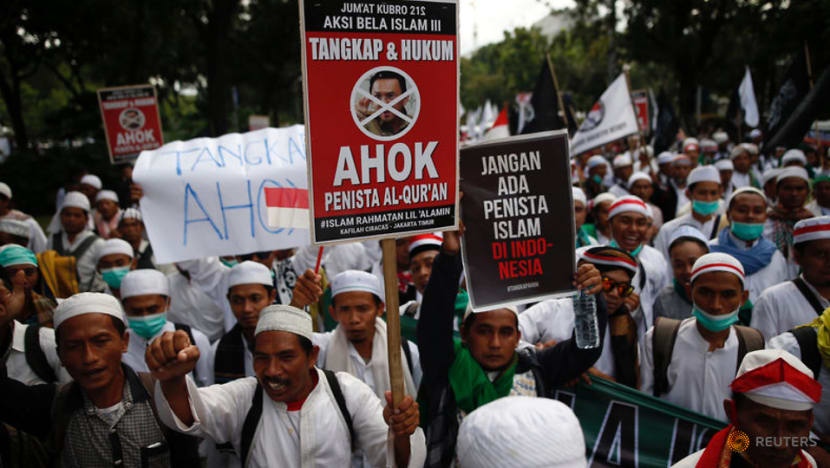
Perhaps it’s no surprise Jokowi abandoned his desire to reform Indonesian politics then.
THE ELITES HAVE A PLACE IN JOKOWI’S NEW DEVELOPMENTALISM
Just hours after the new members of cabinet were inaugurated, newly appointed State-Owned Enterprises Minister Erick Tohir uploaded a picture taken 31 years ago, of Erick Tohir, Sandiaga Uno and Muhammad Lutfi, to his Instagram account.
The image revealed the trio, a generation of Indonesia’s “crazy rich” pribumi businessmen, had known each other for a long time, growing up during the New Order regime, with businesses that have thrived since the fall of President Suharto.
They were groomed in the Indonesian Young Entrepreneurs Association (HIPMI). They have shared backgrounds as venture capitalists.
And with influential positions overseeing the economy, they now not only have clout within the Indonesian business community but also leverage.
READ: Commentary: Indonesia’s clean energy ambitions hit fresh obstacles
READ: Commentary: Indonesia’s half-hearted effort to halt massive Ramadan exodus is all form, no substance
For now, the most important figure of this triumvirate is Erick Thohir. He was manager of Jokowi's reelection campaign.
Together with Lutfi, Erick founded a joint company, Mahaka Group. His older brother Garibaldi Thohir shares a business with Sandiaga through PT Adaro Energy, the second largest coal mining company in Indonesia.
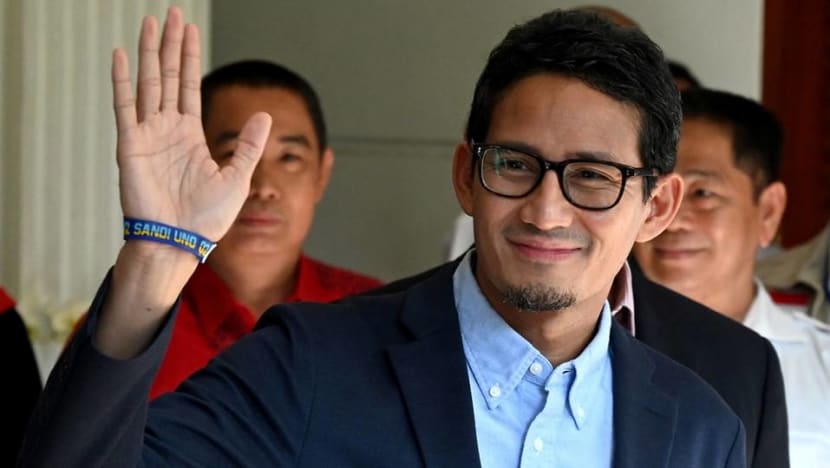
The trio will be chief in cracking the whip on big business and helping Jokowi realise his new developmentalist vision. Jokowi has made investment and growth key goals in the grand design of his economic strategy.
And he is in a rush. He pushed through both the Job Creation Law (Omnibus Law) and the Minerals and Coal Law in 2020 which eased investment requirements - without much objection from Indonesian political class.
One final thought. Through this reshuffle, Jokowi is also looking to the future. He has trained his eye on the world of Indonesian politics in 2024 where he may have opportunities to insert his influence beyond his presidency.
By co-opting formidable opposition figures like Prabowo and Sandiaga into his government, he probably hopes to restrain his opponents, especially Jakarta’s governor Anies Baswedan and carve out a role for himself in the shadows after.
Made Supriatma is Visiting Fellow at the ISEAS – Yusof Ishak Institute.








